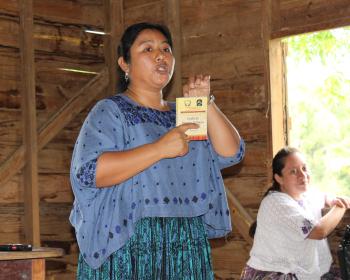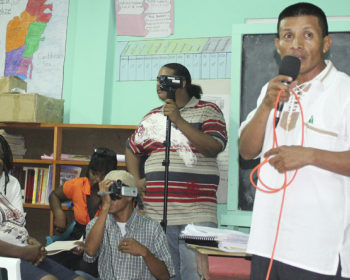The Inter-American Commission on Human Rights has issued a statement condemning the State of Belize for violating the rights of Indigenous Peoples in the Toledo district.
The Commission has been closely following the illegal extraction and destruction of natural resources conducted by foreign companies with support from the government of Belize since 2004, when they issued a recommendation that the government “delimit, demarcate and title the [Mayan] territory” and until that has happened, abstain from any projects that might affect these lands.


